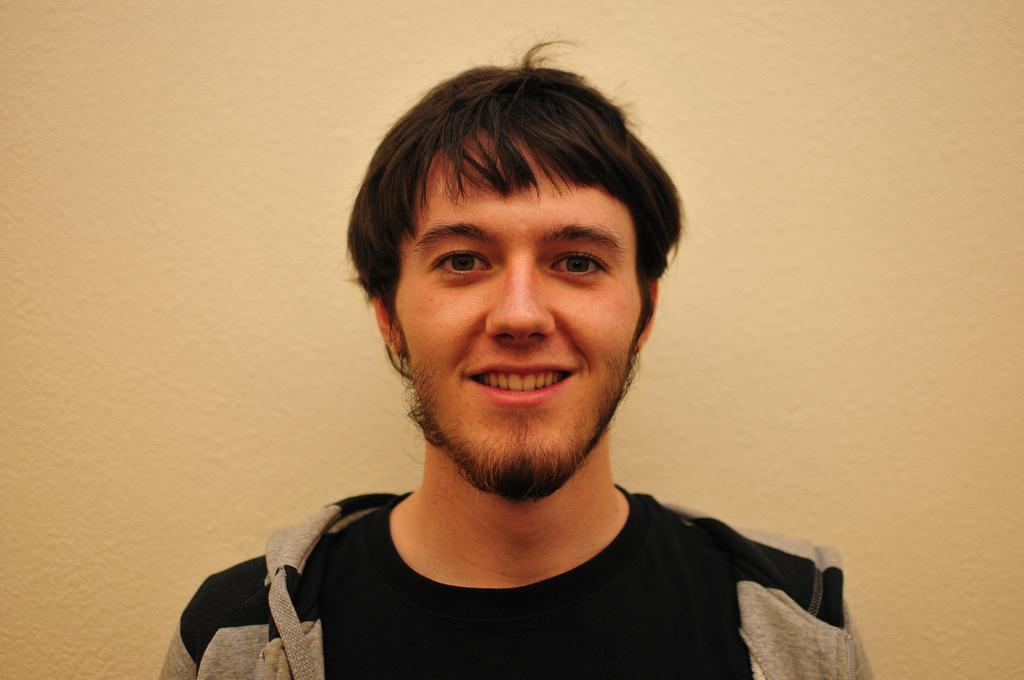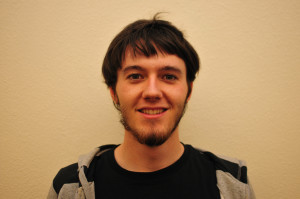According to the state of California Education Code, physical education courses are considered recreational and not general education.
Helen Benjamin, Contra Costa Community College District chancellor, mentioned this declaration as a justification for cutting P.E. courses at DVC at the recent budget forum meeting.
After all, Peralta Community College District states on their website that PE courses for students “do not accelerate their academic or vocational careers.”
The district’s priority is preserving general education courses and other courses that are critical for transferring or obtaining degrees since they are in the highest demand during this budget crisis.
Jack Scott, California Community College chancellor, stated on his website that if 2 percent more of Californians earned associate degrees and 1 percent more earned a bachelor’s degree, our state’s economy would grow by $20 billion.
Even though PE courses generally are not required for transfer, studies have clearly shown, including one in the Journal of Exercise Physiology, that people who regularly exercise while taking classes have a much better ability to perform academically.
For instance, I am taking courses in aquatic fitness and cardio kickboxing. I could not be more confident about tackling my classes since they help me expunge stress and gain energy.
That’s because, according to a Mayo Clinic study, exercise increases the production of “feel-good” transmitters, called endorphins, and regular exercise increases self-confidence and lowers the symptoms associated with mild depression and anxiety.
Wouldn’t you think that the positive effects of exercise would help with students who are struggling with their classes and therefore help increase transfer rates?
To me, the state is implying that the well-being of their 3.2 million community college students is not its concern.
Physical preparation is just as important as mental preparation when it comes to education. After all, it’s called: “Physical Education” not Physical Recreation.






































































